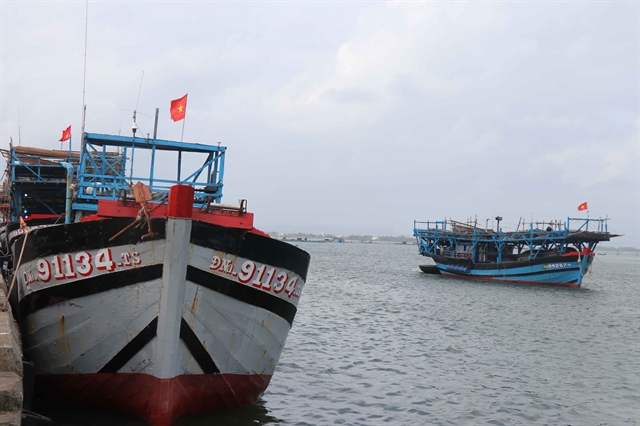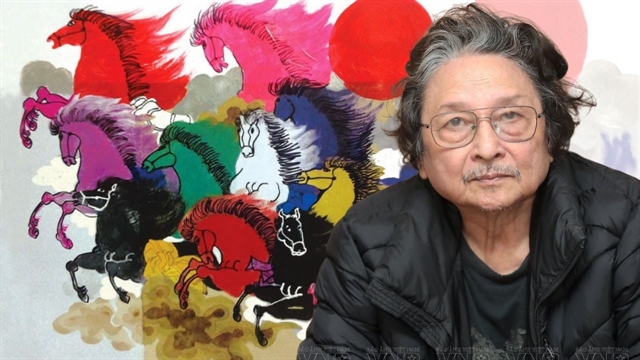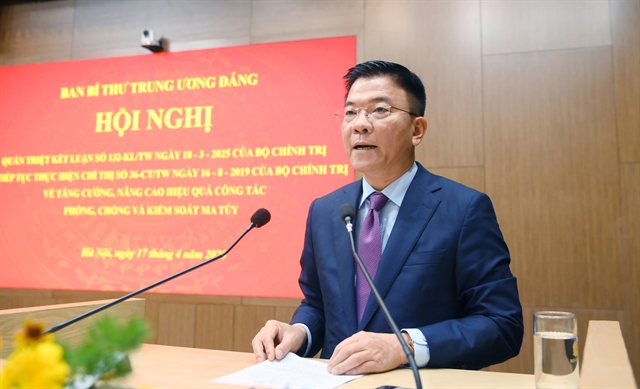 Society
Society

 |
| Deputy Prime Minister Lê Thành Long called on the Ministry of Public Security and the Ministry of Industry and Trade to urgently implement the assigned tasks of identifying and updating the database of narcotic substances and precursors under their respective management. — Photo chinhphu.vn |
HÀ NỘI — Leaders of Party committees, governments, agencies and organisations are directly responsible for leading, directing, inspecting and evaluating the work of drug prevention, control and management.
That is the request of the Politburo, passed on by Deputy Prime Minister Lê Thành Long on strengthening and improving the effectiveness of drug prevention, control and combat, organised by the Central Party Secretariat on Thursday.
The details were given at the conference to disseminate Conclusion No. 132 of 2025 of the Politburo on continuing to implement Directive No. 36,
Accordingly, the Government issued Resolution No. 93 on the Plan for implementing Conclusion No. 132.
At the conference, Long, who is also the chairman of the National Committee for AIDS, Drug and Prostitution Prevention and Control, clarified the core content and new issues.
He emphasised that Conclusion 132 and the Government’s implementation plan clearly define the responsibilities of heads of Party committees, authorities, agencies and organisations, as well as the exemplary role of officials and Party members in drug prevention and control, maintaining discipline and order in this work.
Accordingly, each official and Party member must set an example, by strictly complying and encouraging their families and relatives to comply with laws on drug prevention and control.
The Politburo also stressed heads of Party committees, governments, agencies and organisations must be strictly disciplined if the drug situation becomes complicated in their managed areas or sectors.
It is necessary to strengthen inspection, supervision, and strictly handle violations in implementing drug prevention and control work at all levels.
The Government required ministries, sectors and people’s committees of centrally-run provinces and cities to drive strong changes in thinking and action, raise awareness and responsibility among Party committees, Party organisations, officials and Party members, especially leaders and managers.
Drug prevention and control must be identified as the task of the entire political system and society, and cannot be "left entirely" to the police forces, the minister said.
With the key task of reducing drug demand, the Politburo required conducting a thorough review of drug addicts and illegal drug users to accurately assess the situation and implement tight management to prevent criminal acts or security disturbances.
There needed to be a maximising of the compulsory rehabilitation of addicts who meet legal requirements, especially those at high risk of criminal offences, simultaneously taking measures to prevent new users and new addicts, cracking down on drug hotspots and reforming and improving rehab effectiveness. New high-quality rehab centres should be built, alongside creating mechanisms for organisations and individuals to provide drug rehabilitation services at home or in the community.
Regarding drug rehabilitation, the Government instructed provincial-level people’s committees to ensure funding for public rehab centres from local budgets by June 30 – including salaries, allowances, student support and other legal expenses.
Support policies must be maintained and local governments must report to people’s councils to continue supporting rehab work. Existing projects at public rehab centres must be completed and finalised, with priority given to land and funding for improving infrastructure and equipment.
For multifunctional facilities (rehab, social protection and mental health treatment), local areas must manage facilities and staff (excluding those already handed over to the police) to ensure normal operations in line with the law.
Political schools, vocational education centres and local schools are to support rehab centres in organising education in culture, politics and law.
Local agencies, businesses, and organisations are encouraged to support vocational training, offer employment and credit policies for recovering addicts, helping them find stable jobs and avoid relapse.
To realise the Poliburo’s request, the Government asked ministries, sectors and local departments to intensify communication so that each citizen, family, village and neighbourhood condemns drug use, refuses to harbour users and reports them to the authorities.
The goal is to gradually eliminate drugs from society.
The Government set tasks of monitor drug crime situations early, from afar, from the grassroots, especially in border areas, ports, at sea, via air routes and online platforms. There needed to be investigations and dismantling of networks, arrests of ringleaders and the complete destruction of organisations, gangs and hotspots, with tight control of all legal drug-related activities.
The Deputy PM urged the Ministry of Public Security and Ministry of Industry and Trade to promptly carry out assigned tasks in the Government’s plan of defining and updating databases of narcotics and precursors to tightly control imported chemicals and ensure they are used for legal purposes – preventing criminal misuse.
The Government and relevant agencies must prioritise funding for drug prevention and control, especially at the grassroots level and in key areas, as well as for the specialised drug control forces.
International cooperation in neighbouring countries, with joint drug tackling operations, should be further enhanced to stop cross-border smuggling via air or sea, with enhanced sharing of information and the pursuit of fugitives, while also obtaining international financial, scientific, technical and training support for drug control forces. — VNS